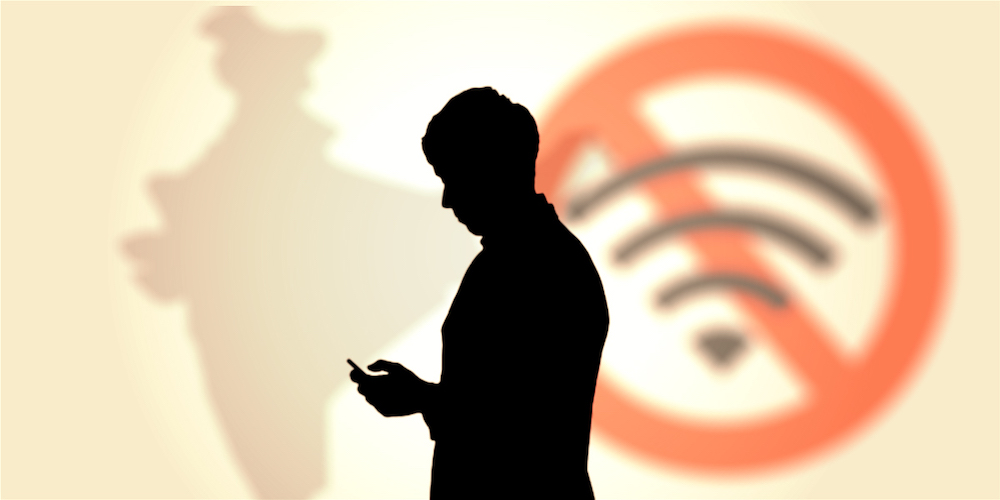Guest Post: How to Protect Yourself from Identity Theft

I would like to thank techtrendske.co.ke for allowing this guest post on their exceptional and well-designed blog. I’ve found many articles on there that have given me access to information and viewpoints I wouldn’t have found so easily elsewhere. In particular I would like to call attention to this article on Microsoft and their efforts to bring Wi-Fi to their users.

When you’re using the internet identity theft is probably the number one threat and concern for most people. If a computer gets fried (as horrible as that is) then it is replaceable and you can restore the data quite often (always if you are careful). If your identity gets stolen, then your credit could be impacted by it, you might not be able to get everything back, and you will lose a large amount of time tracking everything down and replacing your cards. Recovering from it is possible, but in no way something you want to have to deal with. In a worst case scenario, others might try to do more complex and life-changing crimes, and you will be forced to deal with it in court.
This is why you should take every available step in order to protect your identity, as any time or minor monetary costs spent in doing so will be well worth it should someone try to steal your information. Here are a few tips to get you started on a path to better security.
Keep Tabs on Your Accounts
While you can get busy from time to time and you figure that often the accounts and automated transactions that you arrange for will take care of themselves, you should still try to make an effort at least once a week to double check on all of your accounts to make sure that nothing suspicious or out of place is happening. Companies do have protective measures in place to benefit you (and them), but it often isn’t as good as a pair of human eyes. In addition, there are services that you can pay to protect you, but no one knows your information better than you do.
In addition to the security benefit of catching someone stealing your identity before it gets too out of hand, you also get to notice more just how much you use the services you pay for and allow yourself to improve your budgeting and the economic decisions.
Also make sure to keep tabs on the smaller online accounts you use, too, as they can often be linked with your important financial information. If you can, try to make a day to deactivate or delete any accounts you have that you know you will never use again, just so that a hacker doesn’t come in to a neglected website, steal everything, and make your life miserable.
Use Protection on Public Networks
Public networks, such as those you may find at your local library or at a café, are perhaps the most blatantly dangerous thing to the security of your identity. If you frequent these places and use the Wi-Fi there, then you need protection from hackers that might like to lurk in those places and take your data as it travels across the network.
The best thing you can do to protect yourself in this environment is to use a VPN. A VPN will effectively create an impenetrable tunnel over the Wi-Fi network that connects your computer to a secure server that will retrieve the data you need for you and then send it back over the secure connection. There are many different VPNs out there, so you may want to check out http://securethoughts.com/3-best-vpn-for-windows-pc-computers/ if you are looking for a good opinion on the matter.
Use Safe Internet Practices
Most of this simply revolves around using basic common sense when you are using the internet or setting up your computer settings. Make sure that you have some anti-virus and anti-malware software and make sure to clear out your cookies every once in a while so you can get rid of ones that may have slipped by and now collect your data.
In addition, double check to make sure you are using the best possible passwords for all of our accounts. I would recommend that you try to use different passwords for your major accounts, but this will seem unwieldy to some so in that case I would recommend getting one extremely strong password that no one will be able to guess and keeping it committed to memory or in the most secure location you have available to you.
Don’t Tell Anyone Anything
The subtitle might be a little extreme, but it is important to note that your financial information only needs to be known by you and (maybe) your spouse. Online, this can often go for your address, full name, and other information that might be tied to accounts such as birthdays, family members, and details of your life that will allow people to find out more about you. Privacy is one of your best friends when it comes to these matters.
Even with family members and close friends you should be careful. They might decide in a desperate situation that it is better to ask forgiveness than permission and then use your identity to buy that new high-end computer they really “need” or decide to turn on you using the information when you don’t do something they like.
Thank you for reading, and it is my hope that your identity will be more secure and your life just a little bit easier from knowing these tips, considering them, and putting them into practice.
This article was written by Caroline Black, she is a blogger and technology enthusiast who has a particular interest in internet security.




